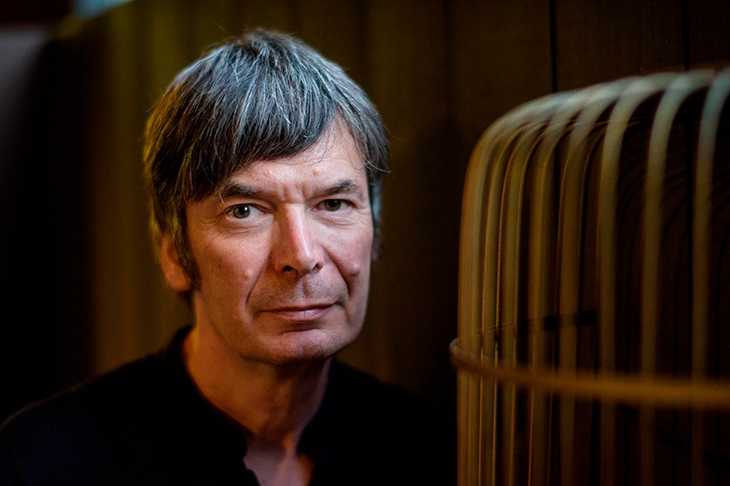I’m often asked when I’ll write a pandemic novel. I’m not sure I’d ever be tempted, though the backdrop of Edinburgh’s deserted streets at the height of the (first) lockdown certainly provided food for the imagination. I dare say novels will arrive — some may even be good. But I find that fiction concerning momentous events usually benefits from the dust having settled. Only then can we begin to comprehend the human costs, stresses and implications, by which time there may also be an audience ready to relive the experience. In the near future, however, I foresee a hunger for escape to a gentler and more reasonable world.
I’ve been told that the title of my latest novel is prescient, but it came to me (by way of Brecht) in the early autumn of last year. For me, those were dark times, with events in the USA stretching credulity, the perception that the far right was on the rise in Europe and beyond, wildfires raging across the globe and Brexit trundling towards us. Not being a writer of speculative fiction, I had not factored Covid into the equation. The book, however, was written during the pandemic and proved a mercy. Novels can be a form of escapism for their authors as well as readers. I disappeared into a fictional universe that had order and where I could intuit the likely outcomes. In fact, I’ve penned two novels so far this year, and am even mulling over ideas for a third.
When not writing, I wander through the emptied streets of Edinburgh, posting photos on Twitter and plotting the pub crawl I’ll one day undertake. When hostelries did reopen first time round, however, they seemed husks of their former selves.








Comments
Join the debate for just £1 a month
Be part of the conversation with other Spectator readers by getting your first three months for £3.
UNLOCK ACCESS Just £1 a monthAlready a subscriber? Log in